Guest: Claire Winslow, CEO Best Practice Media joins Emily Binder to discuss the evolving definition of creativity in advertising, plus the problems with the ways that we recognize and award women in business.
HEAR THIS PODCAST IN YOUR FAVORITE APP:
Claire and Emily discuss whether “advertising as we know it is dead” - prompted by Larry Light’s opinion piece in Forbes. The author writes:
The focus on short-term, disposable viewership is an unfortunate byproduct of the digital age. Sustainable advertising campaigns designed to create and reinforce brand loyalty will be a thing of the past.
The love affair with digital, data and devices has eclipsed the understanding that truly creative, memorable, persuasive and consistent advertising has an important role to play in brand building. Advertising is not a single use wet wipe. The primary role of marketing in general, and advertising in particular, is to create, reinforce and increase brand loyalty. -Larry Light
Audience segmentation and funnels are the new form of creativity
We should not limit the word “creativity” to a traditional definition of coming up with the ideas - it’s more than the ideas because it also involves the technical skill and strategizing of promoting the message, which can be done creatively even if it doesn't resemble Mad Men
The evolution of language: it always changes. Look at Olde English. Old people always dog young people - it’s the pattern of humanity.
Instead of taking slogans from traditional media and putting them on social ads, reverse it and let inexpensive social advertising inform the traditional ads which are more expensive to produce:
Case study from Claire's agency Best Practice Media: Buc-ee's Texas road stop, an amusement park/gas station - how Claire’s team is helping Buc-ee's choose effective copy for their road sign using digital (A/B testing 15 slogan options on Facebook to inform outdoor advertising).
More info: Buc-ee's, the convenience-store chain with a cult following and 'world-famous’ bathrooms
Female Founders Are Changing the World. Please Stop Calling Them 'Mompreneurs' and 'She-E-Os': Enough with the cutesy nicknames - Inc piece by Leigh Buchanan
Get in touch with Claire Winslow:
Social Media Week Austin: smwatx.com
Twitter: @bestpracticesmm
SPECIAL EVENT: SkillSetters Flash Networking at Project Voice on January 14, 2020
The official Tuesday night event at Project Voice:
Increase the discoverability of your Alexa Skill or Flash Briefing live at #SkillSetters premiere cocktail hour!
Come share your Alexa Skill or Flash Briefing, speed dating style! 50 Alexa Skill creators have the opportunity to give a short elevator pitch for your Skill in 1 minute to each person in the room. After each interaction, guests can scan each other’s QR code badge that opens their Skill on mobile.
You’ll leave with up to 50 new users, new friends, and great ideas! Come network with the #SkillSetters at Project Voice!
YOUR HOSTS: SkillSetters and Finalists for the Flash Briefing of the Year Award:
Emily Binder (Voice Marketing with Emily Binder)
Daniel Hill (The Instagram Stories)
Amy Summers (The Pitch with Amy Summers)
With featured guest Bradley Metrock, host of Project Voice along with Audiobrain and more great sponsors! Register now, spaces are limited.








